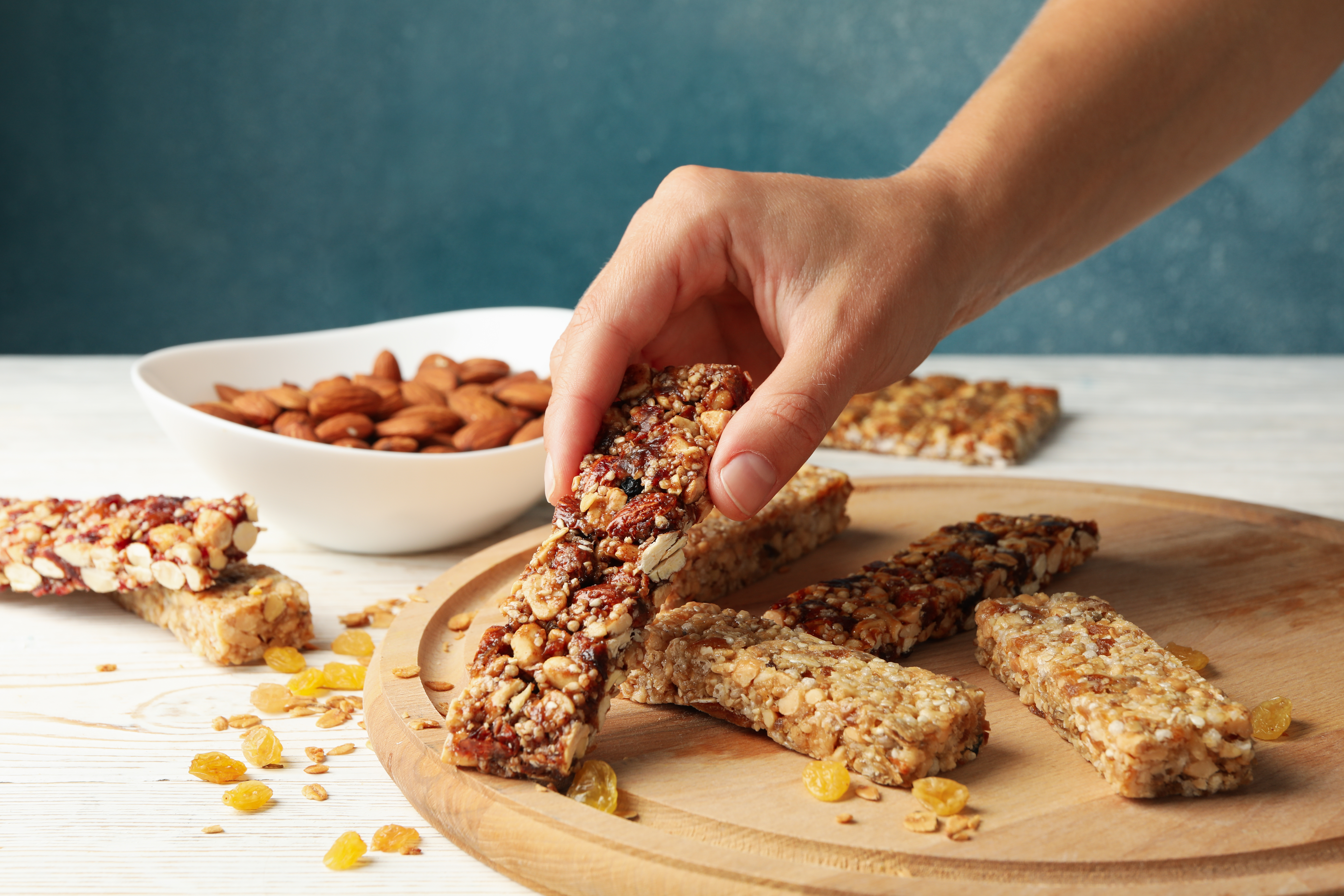11 Diet Foods That Are Actually Making You Gain Weight
In the quest for weight loss, many individuals meticulously plan their diets, believing they have selected the most nutritious and beneficial foods. However, some seemingly healthy choices might be stealthily contributing to weight gain. This article delves into 11 unexpected culprits in your diet that could be undermining your weight loss efforts. These surprising saboteurs often hide in plain sight, masquerading as health foods while packing hidden calories and sugars. Understanding these foods and their impact on your body is crucial for anyone serious about managing their weight effectively. As we navigate through this exploration, each section will unravel these dietary mysteries, helping you make informed decisions about your food choices.
1. The Deceptive Nature of Granola and Energy Bars

Granola and energy bars are often marketed as healthy snacks, perfect for a quick energy boost or a meal replacement. However, these bars can be loaded with sugars, unhealthy fats, and preservatives. While they provide a convenient source of energy, the high sugar content can lead to spikes in blood sugar levels, followed by crashes that leave you craving more food. Additionally, the portion sizes of these bars can be misleading; a single bar may contain more calories than a small meal. It's essential to read the labels carefully and choose bars with minimal added sugars and natural ingredients.
2. The Misleading Allure of Low-Fat and Fat-Free Labels

Foods labeled as "low-fat" or "fat-free" often seem like a smart choice for weight loss. However, these products can be deceiving. To compensate for the loss of flavor that fat provides, manufacturers often add sugar, salt, and artificial flavors, which can contribute to weight gain. Moreover, fat is a vital nutrient that helps keep you satiated. Removing it can lead to increased hunger and overeating. Instead of opting for fat-free products, focus on consuming healthy fats, such as those found in avocados, nuts, and olive oil, which can support weight management and overall health.
